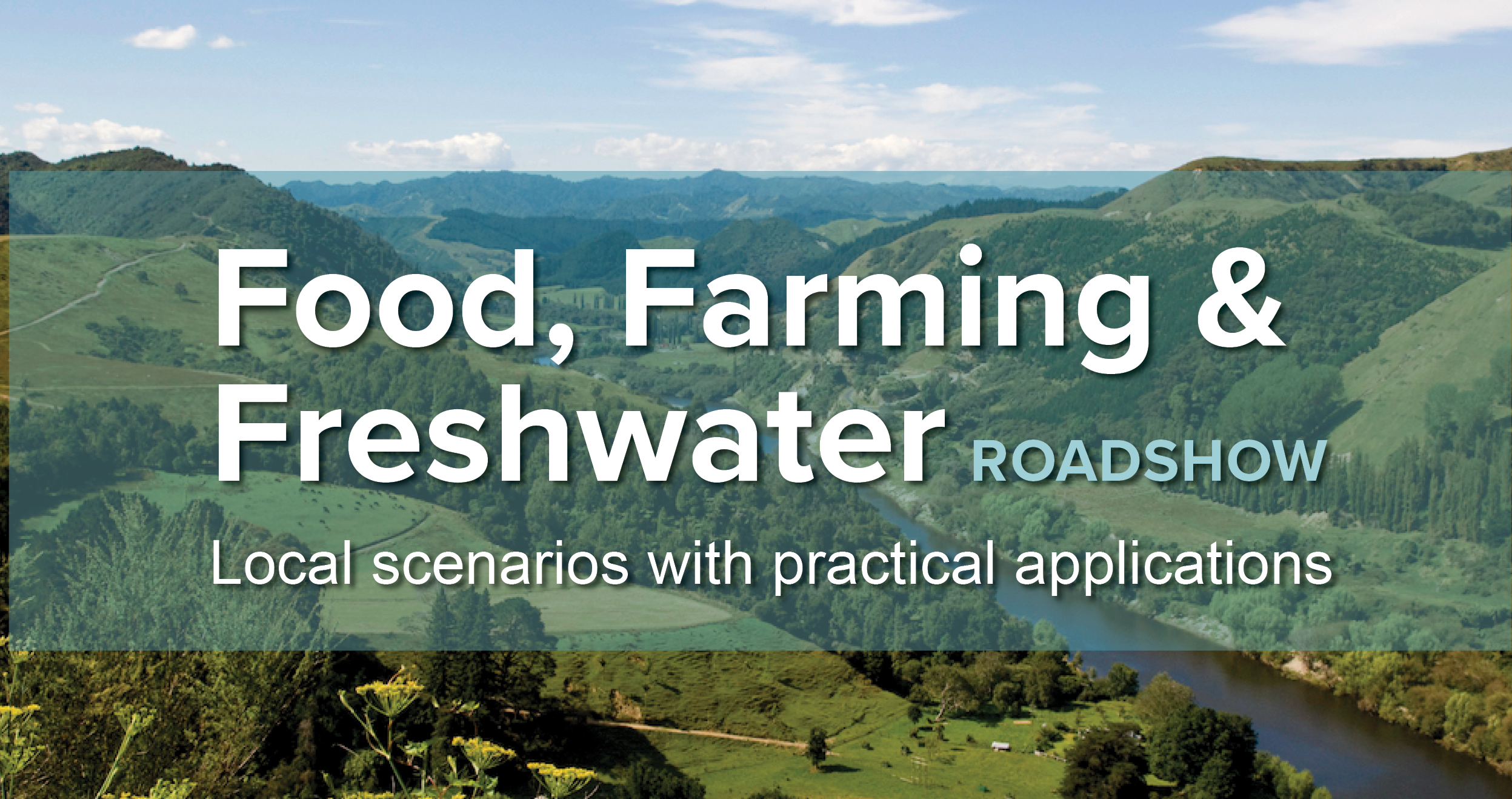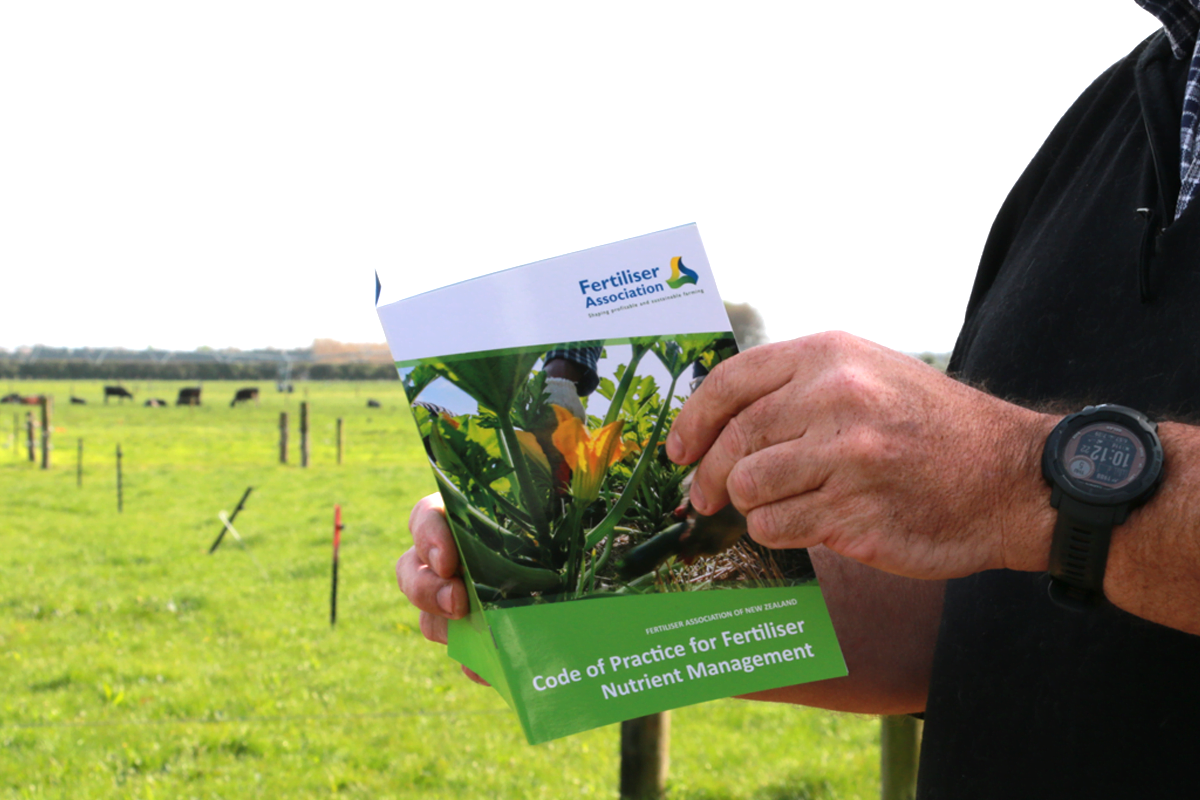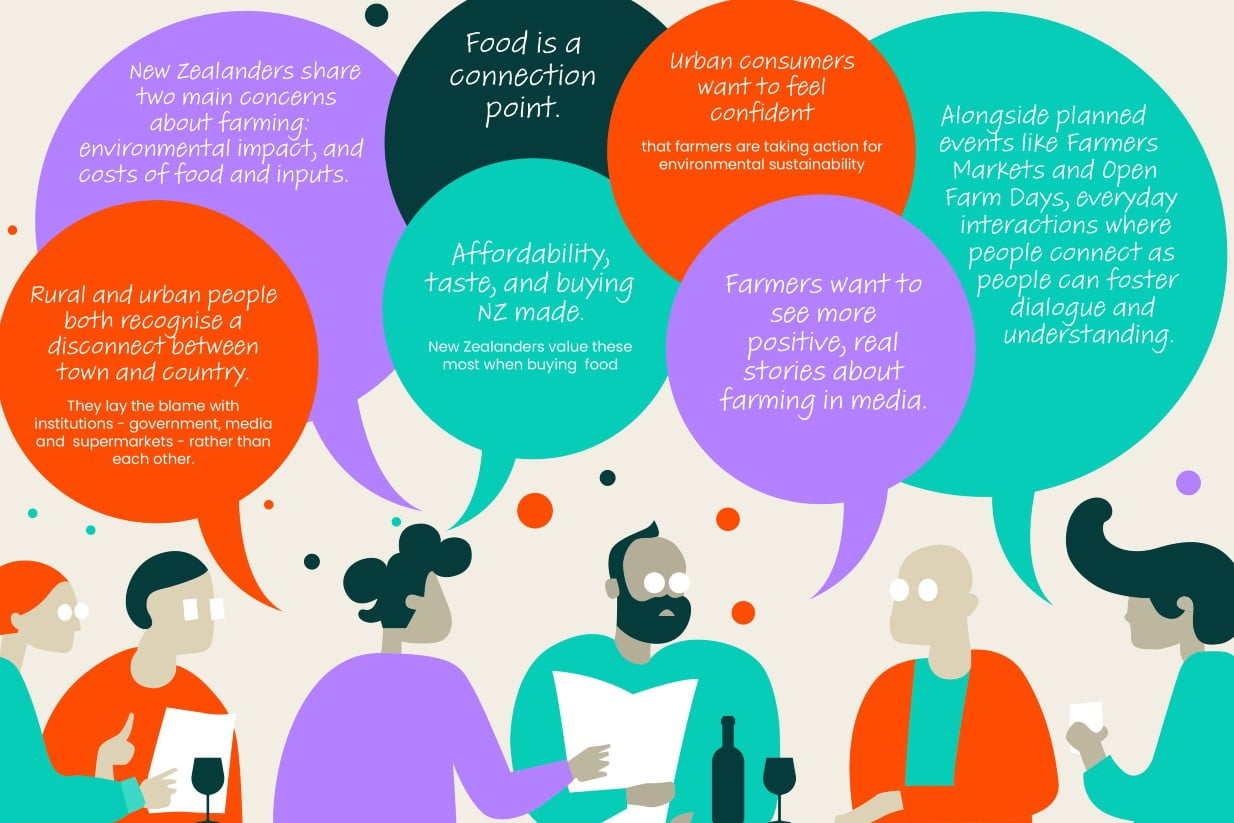November 02, 2023
-
- About UsMā mātou
- Our ScienceTe pūtaiao
- Future Landscapes Ngā Horanuku AnamataIn the future, landscapes will contain mosaics of land use that are more resilient, healthy and prosperous than today.
- Assessing Contaminants with Stream Order
- Benign Denitrification in Groundwaters
- Cascade of Soil Erosion
- Connecting Soil and Water Quality
- Crop Disease Under Climate Change
- Faecal Source Tracking
- Healthy Estuaries
- Innovative Agricultural Microbiomes
- Interoperable Modelling
- Land Use for Nutritious Diets
- Land Use Opportunities
- Land Use Suitability
- Linking Legacies to Wai
- Mapping Freshwater Contaminants
- Measuring Denitrification
- Monitoring Freshwater Improvement Actions
- Mosaic vs Monoculture Landscapes
- Next Generation Systems
- Pasture for Humans
- Peri-Urban Potential
- Phosphorus Best Practice
- Physiographic Environments of New Zealand
- Pohewa Pae Tawhiti
- Protein Future Scenarios
- Silvopastoral Systems
- Sources and Flows
- Whakatupu: Empowering Māori Landowners in Land Use Decisions
- Incentives for Change Ngā Poapoa PanoniWe want to reward New Zealand’s primary producers for producing high-value products in sustainable ways.
- Aotearoa Food Cultures
- Appropriate Use of Taonga Species
- Credence Attributes On Farm
- Early Māori Agricultural Entrepreneurship
- EU Green Deal: Impact on NZ Exports
- Eutrophication Product Footprinting
- Impact of Imported Feed Shortages
- Incentives for Data Sharing
- Indicators Working Group
- Integrating Value Chains
- Kuaha Matihiko: Digital Gateway
- Measuring Full Impacts of Land-Use Change
- New Models of Collective Responsibility
- Options for Rural Investment
- Reasons for Water Quality Improvement
- Regenerative Agriculture
- Register of Land Management Actions
- Rewarding Sustainable Practices
- Signals for Land Stewards
- The Matrix of Drivers
- Workforce Implications of Land-Use Change
- Pathways to Transition Ngā Ara WhakawhitiWe are growing understanding of what it takes to transition to resilient, healthy and prosperous futures, and are developing tools to help.
- Connecting Food Producers and Consumers
- Diverse Experiences of Farming
- Enhancing Assurance Schemes
- Future Scenarios for Arable Agriculture
- Implementing Te Mana o Te Wai
- Land-Use Scenarios for Nikau Farm
- Lessons from Our Land and Water
- Mauri Whenua Ora
- Next Generation Influencers
- Predicting Agricultural Research Adoption
- Pūhoro STEMM Academy
- Retiring Farmland into Ngahere
- Revitalise Te Taiao
- Rural Professionals Fund 2020–21
- Rural Professionals Fund 2021–22
- Rural Professionals Fund 2022–23
- Rural Professionals Fund 2023–24
- Science in Freshwater Policy Development
- Shared Vision for Land Use in Marlborough
- Storying Kaitiakitanga
- Synthesis Scenarios for Future Land Use
- The Collaboration Lab
- Trust and Social Licence
- Urban-Rural Partnerships for Equal Change
- Whenua Life Values
- Future Landscapes Ngā Horanuku AnamataIn the future, landscapes will contain mosaics of land use that are more resilient, healthy and prosperous than today.
- News + EventsHe pānui
- Resources Ngā rauemi
- View by topic
- Climate Change
- Collaboration
- E.coli
- Farm Environment Plans
- Farm Management
- Farming for Good
- Increasing Value
- Irrigation
- Land-Use Change
- Measuring Water Quality
- Mitigation
- Nitrogen
- NPS-FM
- Nutrient Management
- Phosphorus
- Regenerative Agriculture
- Sector Transformation
- Sediment
- Social Licence
- Te Ao Māori
- Te Mana o Te Wai
- Winter Grazing
- View by topic
- ContactWhakapā mai
Resources for
Hapū and Iwi
Laura Bolt, Truestock
You are here: Home Roles Hapū and Iwi
Our research is developed by and with Māori communities, for real relevance to your land. Hapū, iwi and whānau can use these resources to support decisions that improve the vitality of te Taiao – for all the generations to come
Showing 1 - 12 of 51 results
Video
What the data tells us about our water
By bringing together multiple data sources, we can now see which catchments are under the most pressure, and whether applying all known and emerging on-farm…
Infographic
What is a value chain?
This infographic, produced by Our Land and Water for Angus magazine, shows information from producers moving along the value chain to consumers, and vice versa.
Summary
Using Cause and Effect Relationships to Enhance Freshwater Management
We’ve summarised research on how Aotearoa’s fresh water responds to stressors into a short Research Findings Brief. Using Lake Hayes near Queenstown as a scenario…
Infographic
Summary: Soil Health in the Context of Regenerative Agriculture
There are studies or reviews of the impact of individual practices that are used in regenerative agriculture, but few studies on the impact of implementation…
Infographic
Summary: Determining GHG Reduction Potential Through Regenerative Agriculture
This infographic depicts the key processes contributing to greenhouse gas balance in agricultural systems with livestock, and outlines the proposed effects of regenerative agriculture and…
Infographic
Summary: Can Regen Ag Increase Resilience to Drought?
This one-page summary describes considerations for choosing indicators of resilience and study sites, and a recommended approach for quantifying resilience to drought and flooding in…
Infographic
Summary: Understanding Biodiversity in the Context of Regenerative Agriculture
This infographic summary describes ways to configure landscapes for enhanced biodiversity, interpret data and assess biodiversity at scale. It highlights four knowledge gaps about the…
Infographic
Summary: Animal Welfare on Regenerative Farms
What animals experience, how they perform and whether they are being treated with respect are important both to ‘them’ and to us. This one-page summary…
Infographic
Summary: Food Quality and Safety from Regenerative Farms
A 2-page visual summary on assessing how regen ag might impact on food quality and safety, and how to assess that.
Summary
Regenerative Agriculture in Aotearoa NZ – Research Pathways to Build Science-Based Evidence and National Narratives
This white paper sets out 17 priority research topics and introduces 11 principles for regenerative farming in New Zealand. The white paper is the result…
Infographic
Four Steps to Develop Connected Local Farm Plans
To make farm plans an effective tool for improving waterways, we propose a four-step approach based on collective action delivered by catchment groups. Planning together…
Guidance
Designing Effective Farm Environment Plans
We have prepared a guidance document for people who need to design effective FEPs, FEP templates and processes. It proses a four-step approach and makes…
 View Our Strategy Document 2019 – 2024
View Our Strategy Document 2019 – 2024


